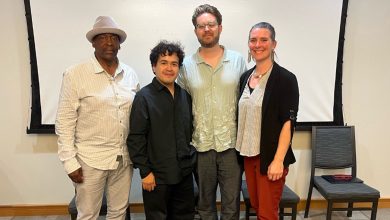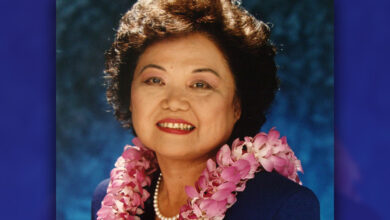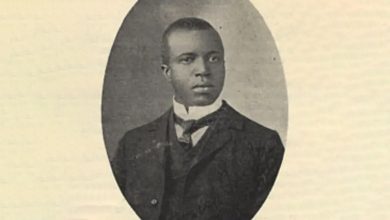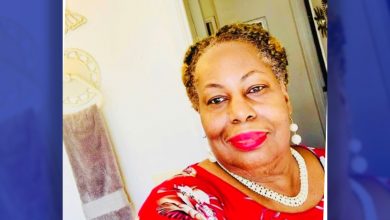ICAC Invites Community to Benefit from Safe Car Park Program
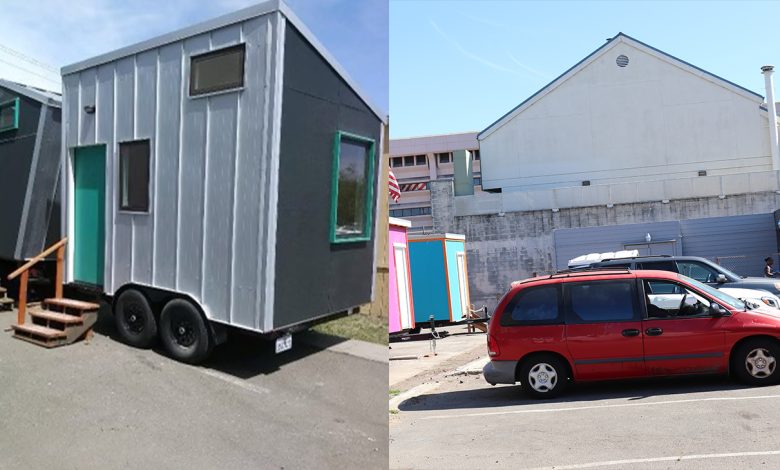
By Lila Brown, California Black Media
Before becoming a nationally recognized social justice leader and a member of California’s Mandated Reporting Taskforce, Shane Harris spent 13 years as a foster care youth after he lost both of his parents. As President of the national civil rights organization, People’s Association of Justice Advocates (PAJA), he’s aiming to solve some of the toughest challenges Black and Brown children in the foster care system face.
During National Foster Care Month in May, Harris visited the Sanctuary of Hope in Los Angeles to host a roundtable meeting with current and former foster youth, many of whom, like Harris, have beat the odds and become successful professionals.
According to the federal government’s Adoption and Foster Care Analysis and Reporting System, there are nearly 370,000 American children and youth in foster care.
Nationally, Black children are overrepresented in foster care. According to datacenter.kidscount.org, Black children represented 14% of the total child population in the United States. However, they represented 23% of all children in foster care. Harris pointed out that one out of every four foster youth go homeless upon exiting foster care in California. Across the state, there are nearly 65,000 children in foster care, he added. Of the 65,000 children in foster care across California, 14,000 of them are Black American.
Harris also announced a new effort already underway to push for the removal of the term “case” in L.A. County when referring to foster youth during the roundtable which featured Hafsa Kaka, Senior Advisor to Gov. Gavin Newsom and Janet Kelly, the Founder and Director of Sanctuary of Hope. The session focused on solving problems foster youth face.
Sharing personal stories, insights, and various visions for policy changes, the participants discussed numerous solutions and addressed specific concerns about ongoing challenges with the foster care system.
One top priority was how to close the foster care to homelessness pipeline for the disproportionate number of Black and Brown children in LA County’s and the state’s foster care system.
“When you see the direct connection between the disproportionate rates of Black children in foster care and the disproportionate rates of Black people in the general homeless population, there is a very clear connection there in which our foster youth are coming out of care,” stated Harris during opening remarks.
Kaka said the governor has been intentional about making sure that foster children are homeless prioritized as the state addresses homelessness.
“This is a critical moment for foster care,” said Kaka. “The systems that are working together are looking at leveraging federal, state and local funds.”
Harris said he has already begun efforts in San Diego County to drop the word “case” when referring to homeless youth.
“We are asking for a 90-day public input period, in which the county CEO and leadership can facilitate discussions with the community on replacement terminology. There’s plenty of ideas,” Harris elaborated.
Kelly said a majority of the youth who go through the Sanctuary of Hope program are young people who have experienced some form of housing instability or housing crisis.
“The goal of the work that we do is really centered around helping young people leave here with leadership skills and other forms of what we call protective factors in order for them to continue on with their stabilization journey and become loving, caring and active citizens in this world,” Kelly said.


